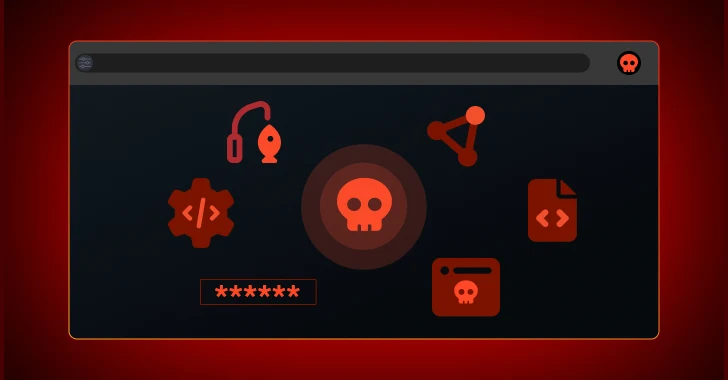A significant security flaw has been identified in the Unity game engine, potentially allowing attackers to execute arbitrary code on devices running Unity-based applications. This vulnerability, designated as CVE-2025-59489 with a CVSS score of 8.4, stems from the way Unity handles command-line arguments, enabling the loading and execution of unauthorized code.
Understanding the Vulnerability
Security engineer RyotaK from GMO Flatt Security has highlighted that the issue is linked to Unity’s debugging support for Android applications. Specifically, Unity automatically adds a handler for intents containing the ‘unity’ extra to the UnityPlayerActivity, which serves as the default entry point for applications and is accessible to other applications. This setup allows any application to send the ‘unity’ extra to a Unity application, thereby controlling the command-line arguments passed to it.
An attacker could exploit this by creating a malicious application that extracts a native library with harmful code and then launches the Unity application with a specific argument pointing to this malicious library, achieving code execution. Furthermore, remote exploitation is possible if a malicious website can compel a browser to download a specific library and load it with a given argument.
Unity’s Response and Recommendations
In response to this critical vulnerability, Unity has released updates for its Editor versions, including 6000.3.0b4, 6000.2.6f2, 6000.0.58f2, 2022.3.67f2, and 2021.3.56f2. Additionally, fixes have been applied to discontinued versions dating back to 2019.1. Unity advises developers to update their editors to the latest versions and rebuild and redeploy their applications to ensure security.
Unity has stated that successful exploitation could allow an attacker to execute arbitrary code remotely and access information on devices running Unity-built applications. However, code execution would be confined to the privilege level of the vulnerable application, and information disclosure would be limited to the data accessible to that application. Currently, there is no evidence of exploitation or impact on users or customers.
The risk of exploitation is higher on Windows devices due to the presence of a registered custom URI handler for a vulnerable application or handler name. If such a custom URI scheme is present and can be invoked on the target system, an attacker who can cause that URI to be opened could trigger the vulnerable library-loading behavior without needing direct command-line access. Potential exploitation remains constrained to the privileges of the targeted application and to the data and services accessible to that process.
Microsoft’s Proactive Measures
Microsoft is actively identifying potentially affected applications and games to update them accordingly. The company has also integrated exploitation detection rules into Microsoft Defender to enhance security. Users are advised to uninstall any Microsoft app or game that may be affected until an update is available. Microsoft is diligently working to update games and applications that are potentially impacted by this Unity vulnerability.
Valve’s Actions via Steam
Valve has released a new Steam Client update that blocks the launching of games containing specific command-line parameters associated with the Unity flaw. Developers are encouraged to update their games using the Steamworks SDK or the Steamworks website and submit the update to Steam.
Unity has provided two paths to update games affected by this issue. If your game is under active development, you can use a new version of the Unity Editor to rebuild your game. For developers unable to rebuild their game, Unity has released patched versions of the UnityPlayer.dll runtime file that can be dropped into existing game folders.
Broader Implications and Historical Context
This vulnerability underscores the critical importance of maintaining up-to-date software and implementing robust security measures in the gaming industry. The Unity engine is widely used across various platforms, making it a significant target for potential exploits.
Historically, Unity has faced security challenges. In 2017, the Unity game engine forum was hacked, leading to unauthorized access to user data. The company confirmed the breach but assured users that no sensitive information was compromised. Additionally, a remote code execution flaw was found in the Unity Game Engine Editor, affecting all Windows versions. Unity addressed this issue by rolling out critical security patches.
These incidents highlight the ongoing need for vigilance and prompt action in addressing security vulnerabilities within widely used platforms like Unity.
Conclusion
The discovery of CVE-2025-59489 in the Unity game engine serves as a stark reminder of the ever-present security risks in software development. Unity’s swift response, coupled with proactive measures from industry leaders like Microsoft and Valve, demonstrates a collective commitment to safeguarding users and maintaining the integrity of gaming applications. Developers and users alike are urged to stay informed and take necessary actions to mitigate potential threats.



